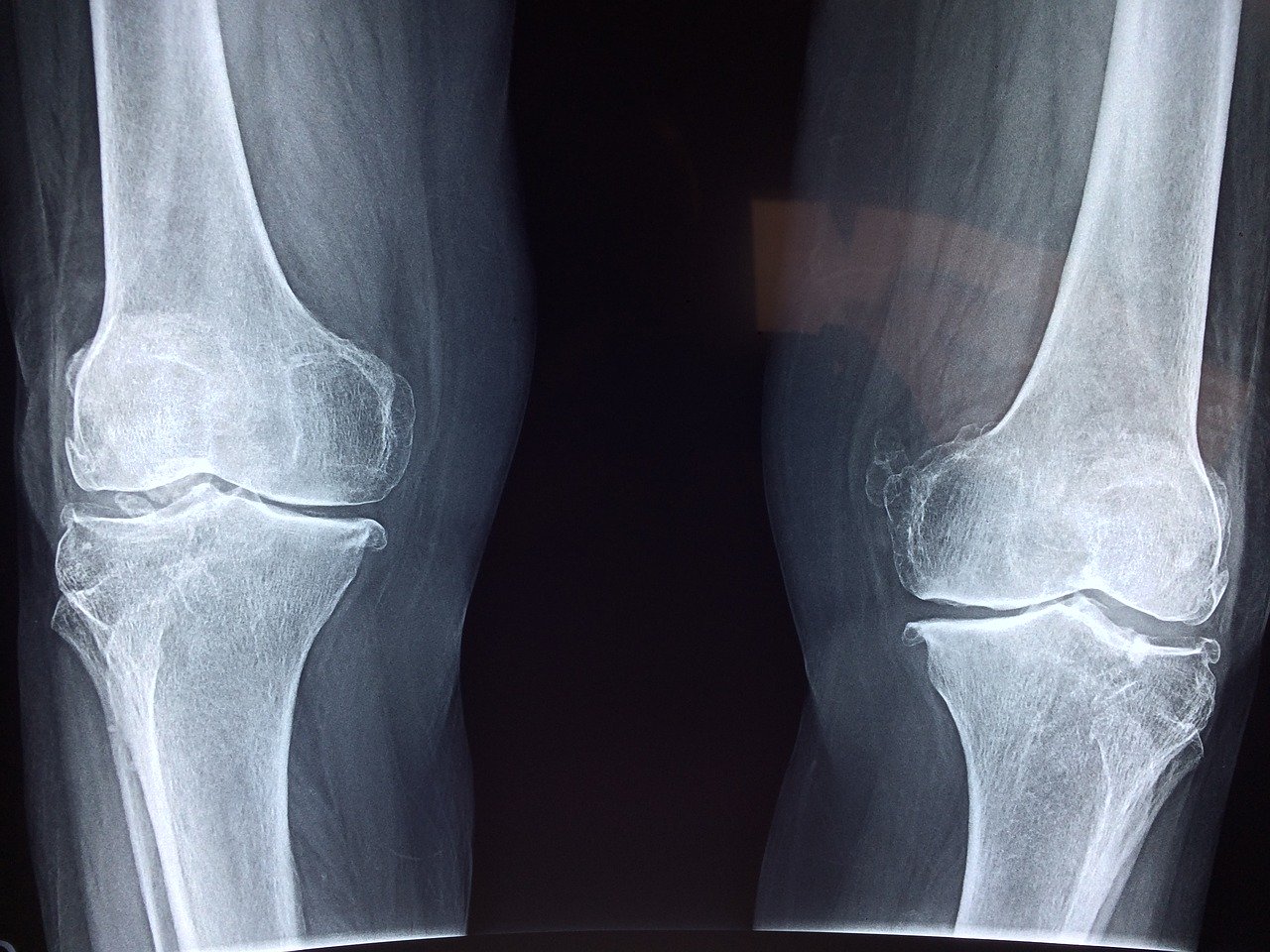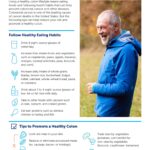Bone density is a measure of how strong your bones are. During the first three decades of life, your body builds bone tissue more rapidly than it is lost. If you exercise regularly and eat a diet that’s rich in bone-supporting minerals and vitamins during this period, you can build up your bone density, so your bones stay stronger in later life.
How long does it take to build bone density?
This depends on several factors. A child or a young person can build their bone density very rapidly. An older person, particularly over the age of 50, may struggle to build bone density at all and may, in fact, see bone density decline.
What is a bone density test?
A bone density test is a medical examination that determines the degree of mineralization in your bones. Knowing whether your bone density is within the normal range or not can help decide whether or not you need to take action to support your bone health, such as starting medication.
How is a bone density test done?
A bone density test uses a low-dose X-ray to look at your bones and determine their health. A bone density scan is used to find your T-score, a numerical value that tells your doctor how healthy your bones are. An average score is around -1. If your T-score is lower than -1, you may have problems with your bone health.
T-scores lower than -2.5 may indicate a more serious medical issue, such as osteoporosis. This condition can affect both men and women, although it is more common in women. The term osteoporosis means porous bones; it indicates a significant deficiency in bone strength. People with osteoporosis are at higher risk for fractures and other bone-related injuries.
People with a bone density of less than -2.5 may require medication to prevent their bones from deteriorating. A doctor can determine the appropriate treatments.
Reversing bone loss
Once bone loss has occurred, it can be challenging to reverse. While younger people can build bone density with exercise and a good diet, older people may require more assistance. Some supplemental vitamins and minerals may help, while people with more severe bone density loss may require medical intervention.
In the case of bone health, prevention is much better than cure. It is never too early to start taking steps to improve bone density. A healthy diet that includes plenty of fresh fruit, dark green vegetables, oily fish, bone broth, and other mineral and vitamin-rich foods can help. You should also make sure you take plenty of weight-bearing exercise, such as walking, dancing, and disciplines like yoga and tai chi.
Should you drink milk for bone health?
Most people associate milk and dairy foods with good bone health. Milk contains lots of calcium, after all. The actual story may be slightly more complicated, however. Countries with high consumption of dairy foods also tend to have high rates of fractures, suggesting that bone health is not so good. The additional stomach acid needed to digest certain constituents of dairy may cause the body to use calcium from the bones to equalize the pH in your blood. Whatever the case may be, it’s clear that merely consuming dairy may not be enough to ensure proper bone health. Lower-fat dairy foods, such as skimmed milk, may be better for supporting bone health than foods that are higher in fat.
If you’re concerned about bone health, it’s a good idea to make positive lifestyle changes as early as you can. Reduce your consumption of alcohol. Cola drinks are associated with lower bone density, so you may want to cut down on these and reach for calcium-fortified beverages instead. Take regular moderate exercise, such as walking, and try to avoid having too sedentary a lifestyle. If you’re planning any major lifestyle changes, speak to your doctor first.
Tap for recommended posts on the tags you don’t follow





